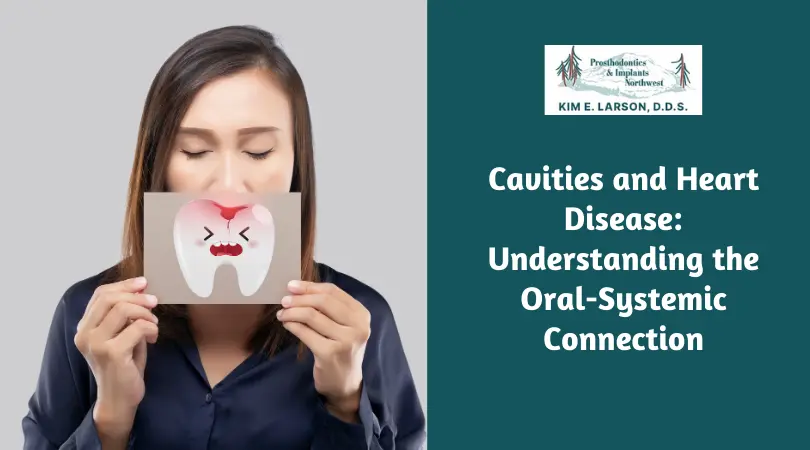



Maintaining oral health may do more than protect your smile; it might also help safeguard your heart. Emerging research has drawn a compelling connection between the bacteria responsible for tooth decay and the risk of cardiovascular disease, including heart attacks and strokes. As this link becomes clearer, it's more important than ever to prioritize oral health.
While the medical community has long acknowledged the relationship between periodontal (gum) disease and cardiovascular health, recent findings suggest that another dental culprit, dental caries, commonly known as cavities, may also play a critical role.
Dental caries is caused by a group of bacteria, most notably Streptococcus mutans. Although this bacterium has been known to initiate tooth decay, groundbreaking research from Osaka University in Japan has discovered that S. mutans is also present in cardiovascular tissues. The study revealed that when S. mutans was detected in the mouth, it was also found in heart tissues 78% of the time, a startling overlap.
Researchers looked at patient heart tissues, such as parts of the heart valves and areas with blood clots. They found it surprising that Streptococcus mutans, the bacteria that causes cavities, showed up the most. This suggests that these bacteria might not only cause problems in your mouth but could also get into your blood and possibly lead to issues in your heart.
This discovery underscores the importance of proactive oral care for a healthy mouth and potentially for a healthier heart. While conditions such as high blood pressure, high cholesterol, and smoking are well-known cardiovascular risk factors, this research suggests that oral bacteria may be another piece of the puzzle.
Moreover, because dental caries is the most common chronic infection among children in the U.S., these findings raise critical concerns about the long-term health of future generations. Early prevention and treatment of cavities could have far-reaching benefits beyond oral hygiene.
Understanding what contributes to cavity development is the first step to prevention. Here are some common risk factors:
If the pH of what you're consuming is below 5.5, it can start to break down the enamel on your teeth. This is known as demineralization, and it can weaken your teeth over time. Even drinks that are a little more acidic, like soda or fruit juices, should be spaced out throughout the day. Waiting at least three hours between meals or snacks is a good idea. This gives your saliva enough time to neutralize those harmful acids and help protect your teeth naturally.
This research makes one thing clear: oral health is directly tied to overall wellness. Preventing cavities isn't just about avoiding fillings; it's a proactive way to reduce your risk for serious health issues down the road.
At Prosthodontics & Implants NW, we take a comprehensive approach to oral health. Whether you're managing dry mouth, struggling with frequent cavities, or simply looking to improve your smile, our team is here to help you create a treatment plan tailored to your needs. Don't wait until oral bacteria start affecting more than just your teeth; schedule a consultation with us today to protect your smile and your heart.
Source: Research and cavity risk factor information referenced from CariFree.com.